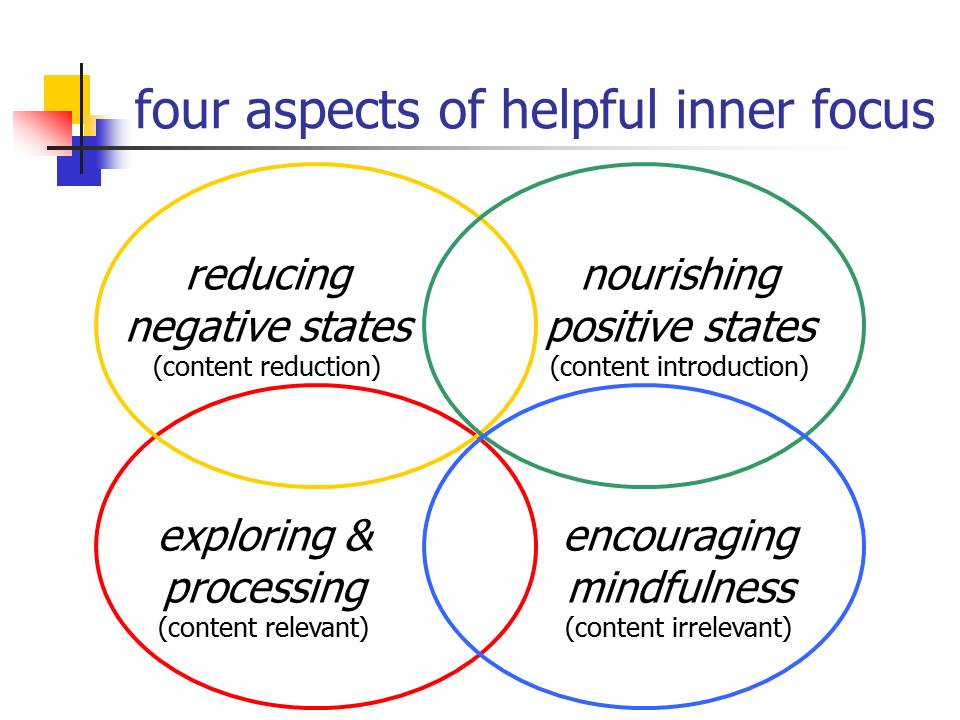Therapeutic writing & speaking: inspiration from values (background information)
Last updated on 22nd July 2016
Writing (or speaking) about our values or areas of our lives that are of particular personal importance can help us feel less threatened by stresses and more able to see situations clearly. There are many research studies demonstrating this. For example writing about personal values has been shown to reduce both subjectively experienced psychological stress and the body's adrenaline response to taking an academic exam (Sherman, Bunyan et al. 2009). This easing in sense of threat tends to boost the exam results people achieve, especially for those who tend to get more stressed (Cohen, Garcia et al.

